Can there be poetry after Oct. 7? A new collection shows how
An anthology, called 'Shiva,' feels like an extension of the biblical scroll Lamentations

An anthology, called 'Shiva,' feels like an extension of the biblical scroll Lamentations

Three new books written in English — by Yael Van Der Wouden, Jessica Jacobs and Toby Lloyd — feature Hebrew in them
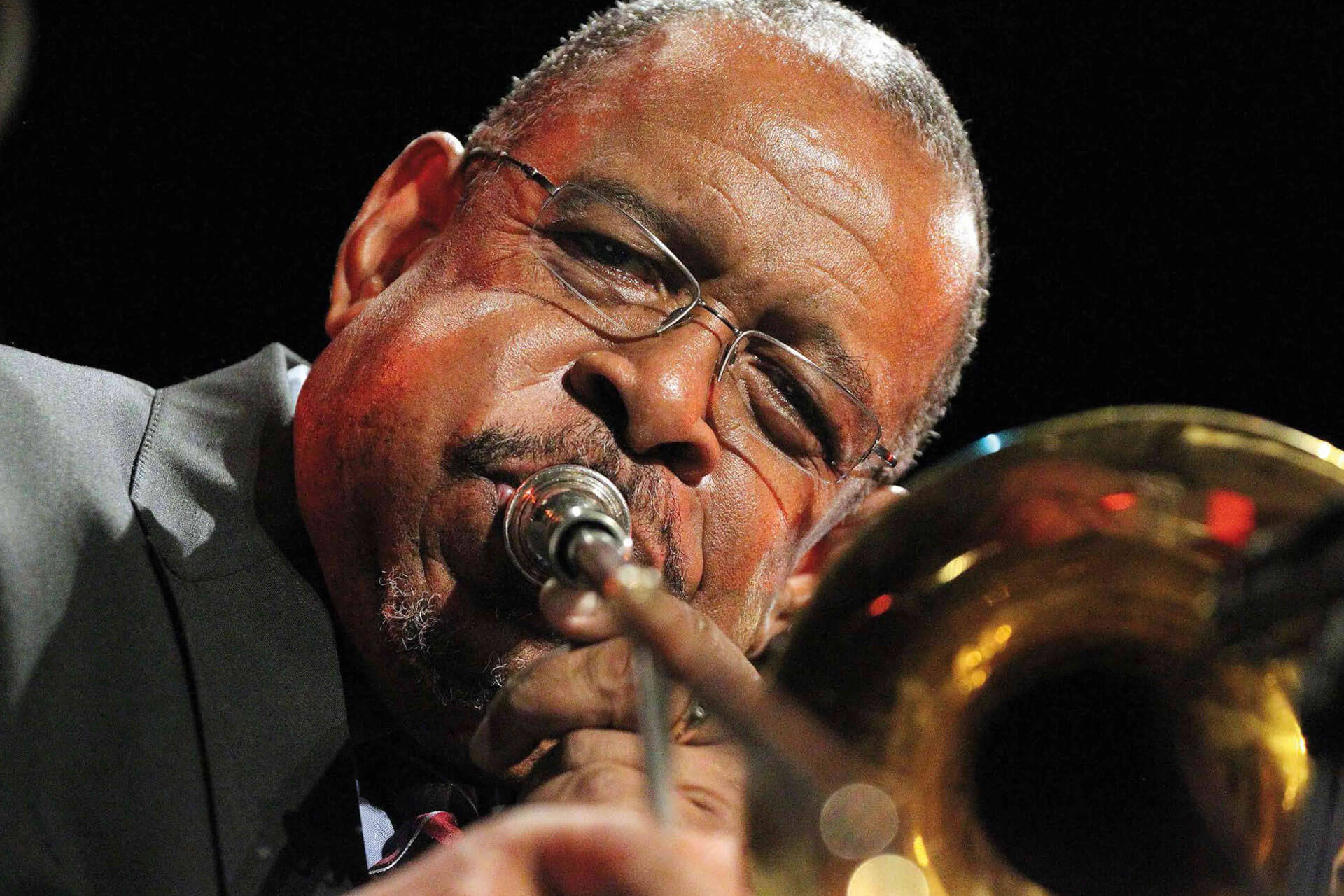
'Generate Music' was conceived as a way to confront American bigotry
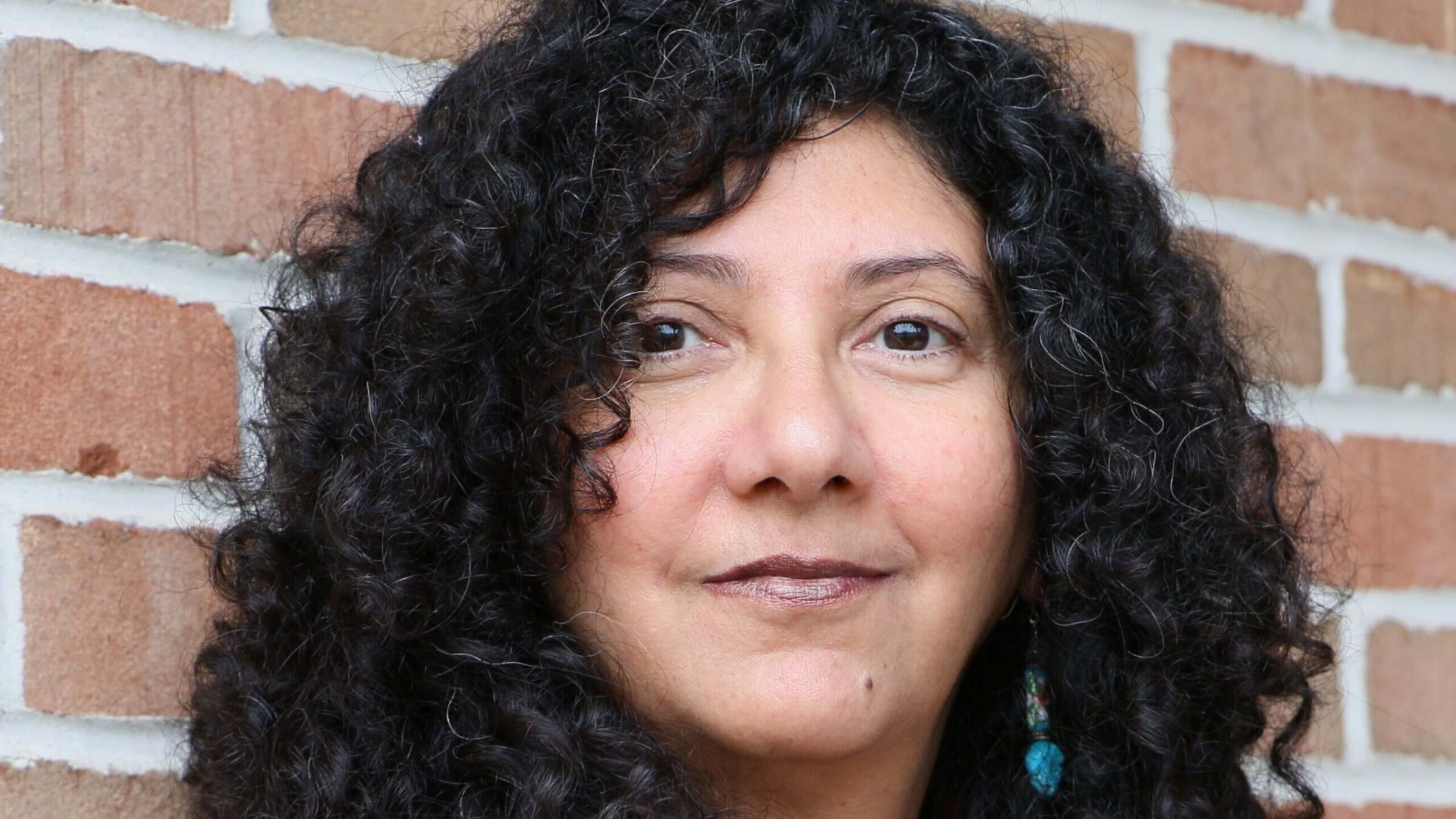
Zilka Joseph's new of book of poetry, 'Sweet Malida: Memories of a Bene Israel Woman,' dips into the culture and mythology around the subcontinent's largest Jewish community
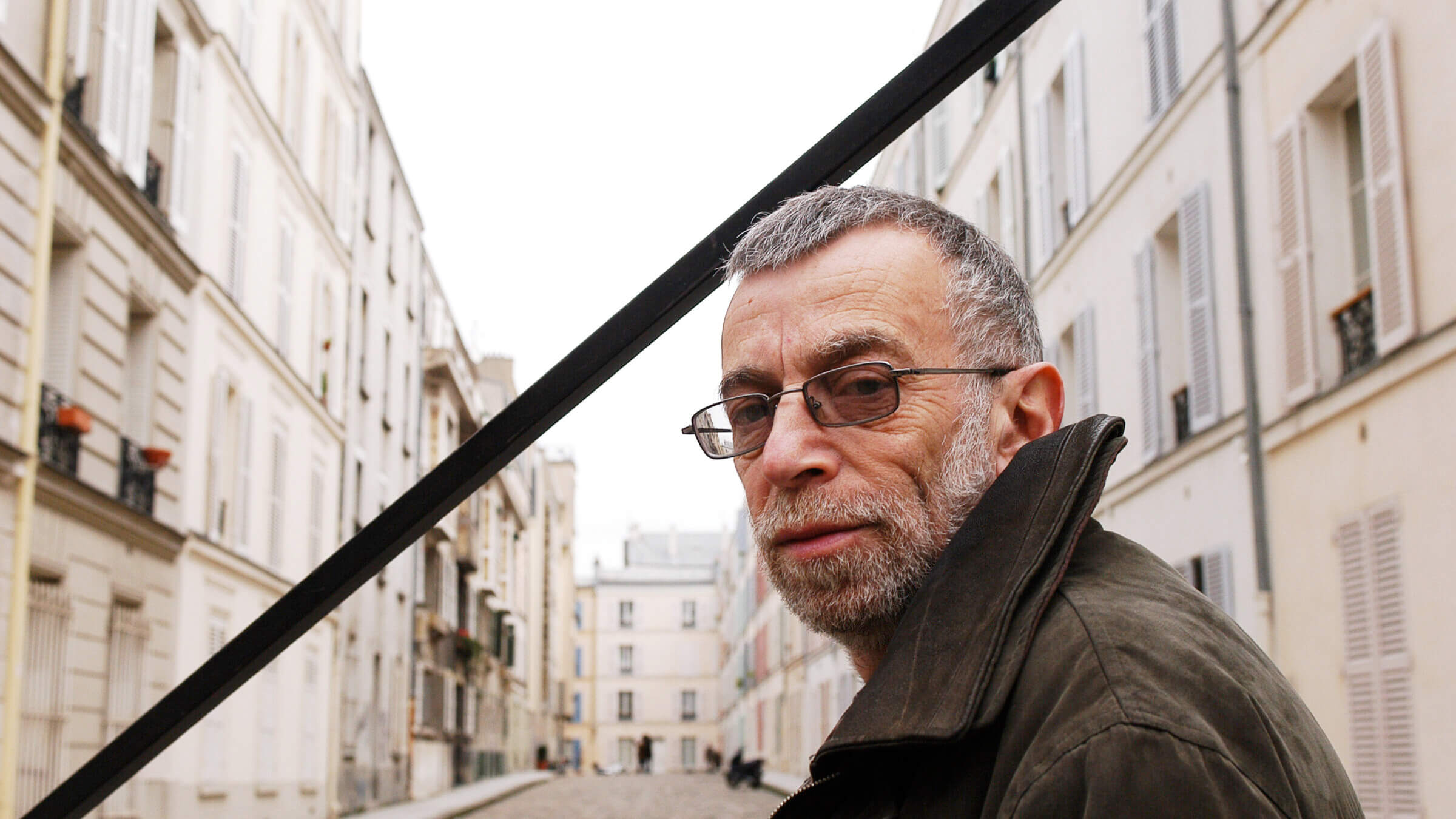
Lev Rubinstein spent his life in the shadow of antisemitism
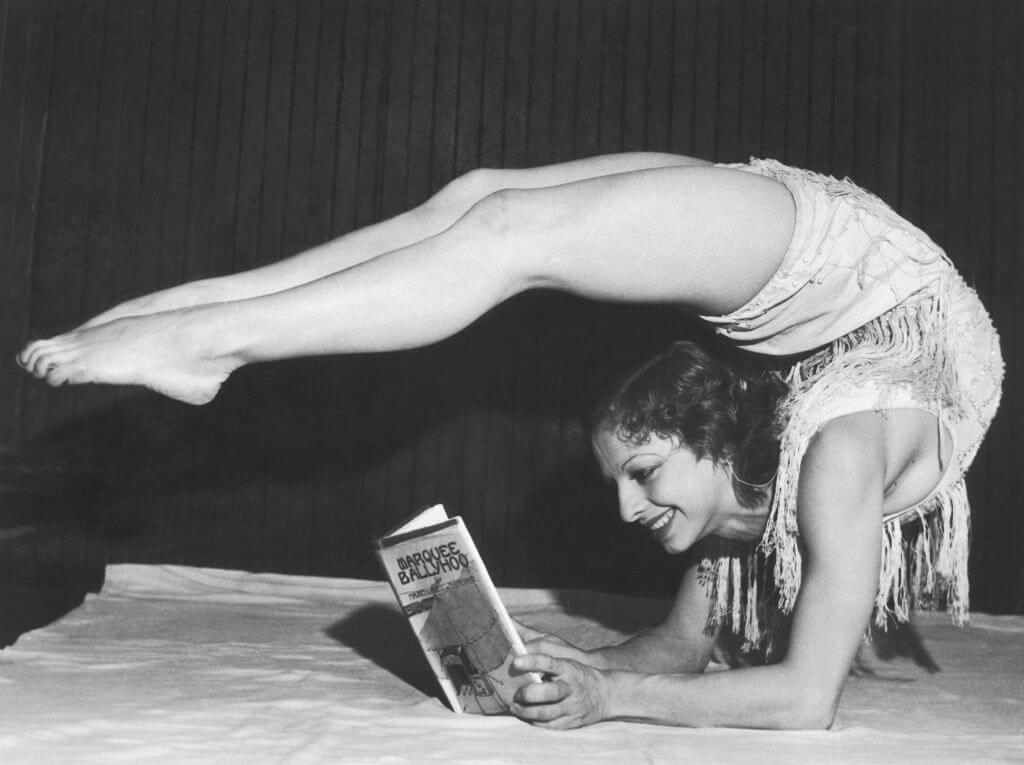
Grab one (or several) of these new classics before the new year
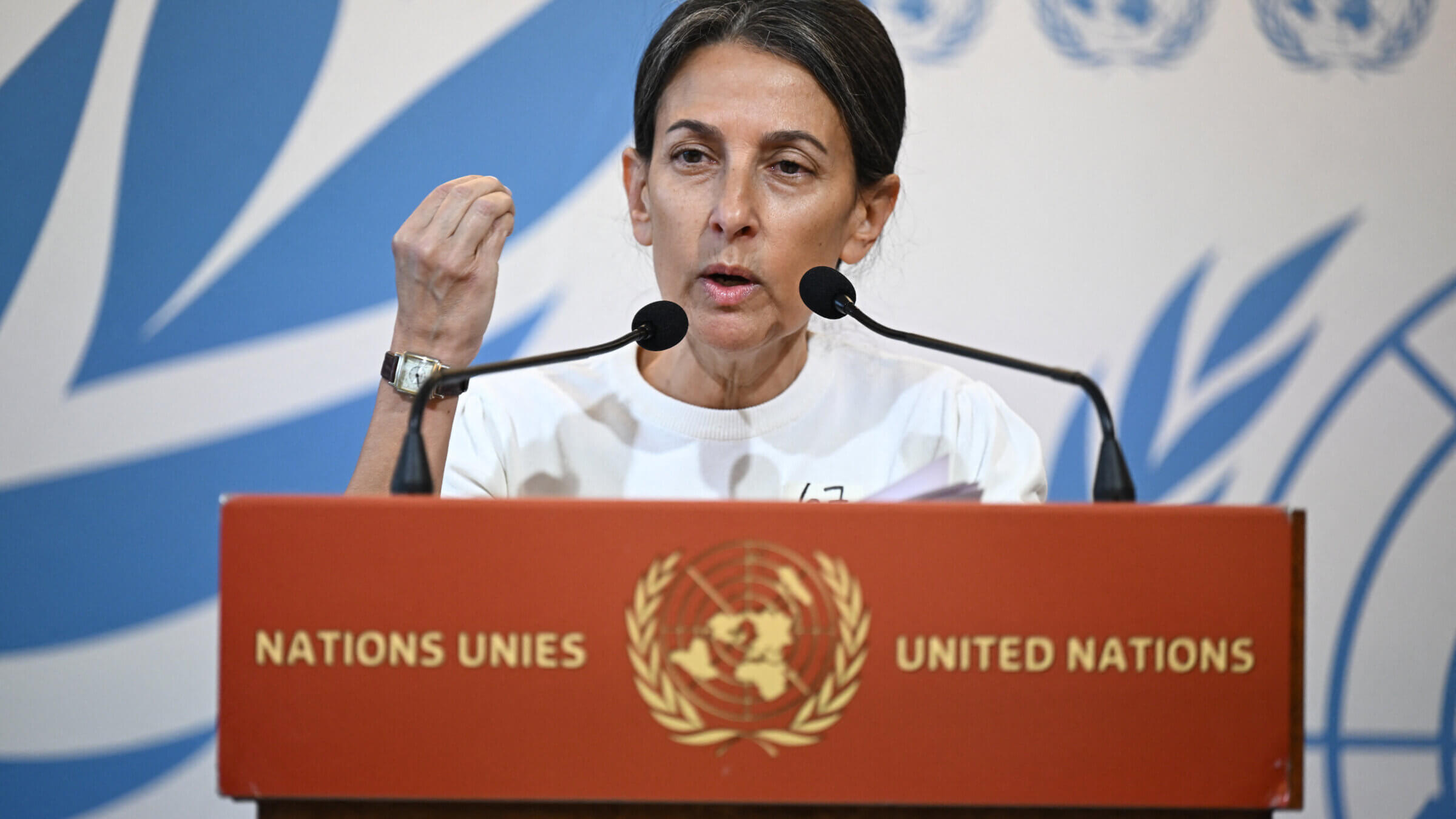
Rachel Goldberg-Polin, whose 23-year-old son, Hersh, is being held by Hamas, read the verse as part of a stirring speech to the U.N. in Geneva
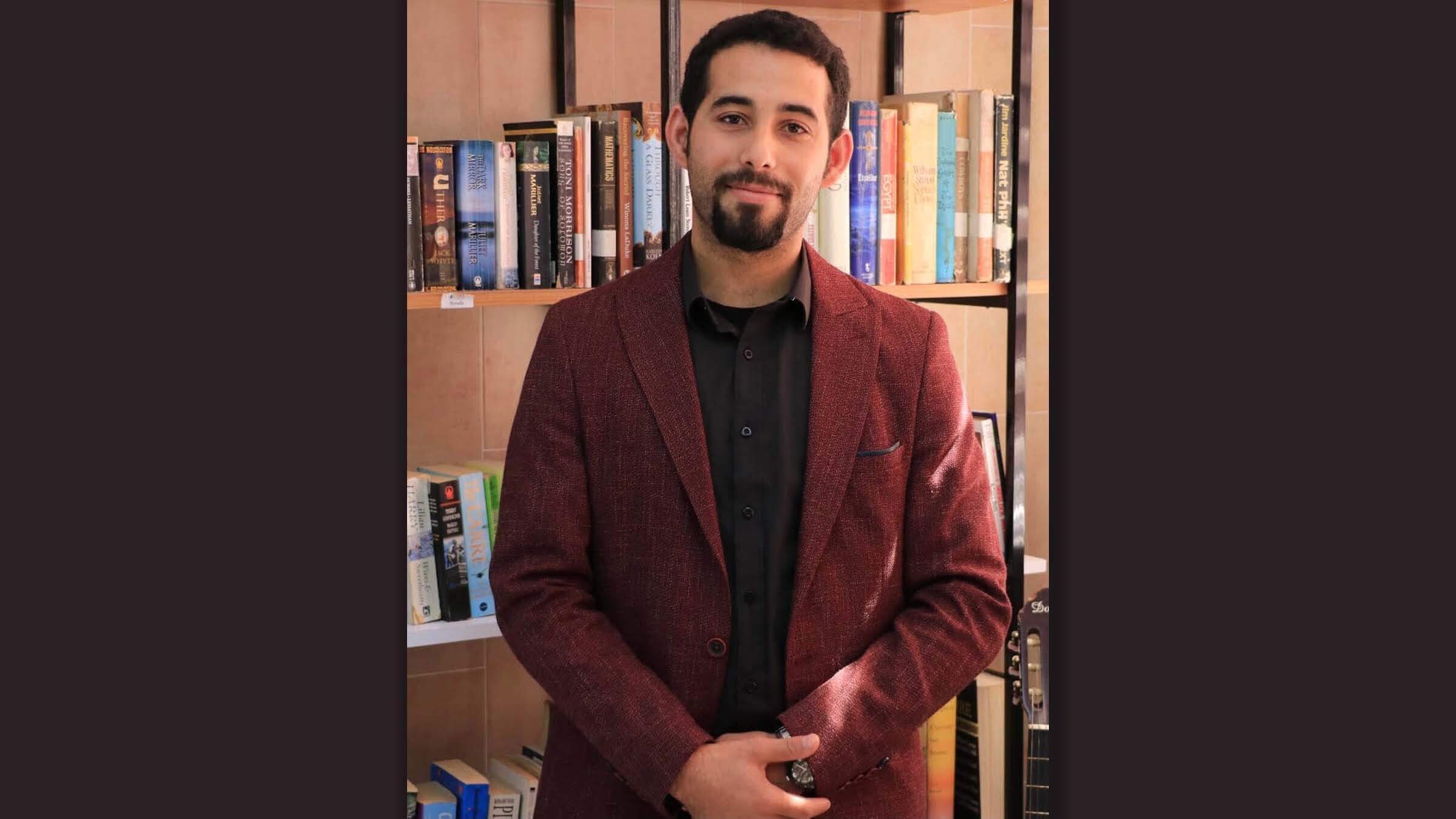
The poet was released Tuesday after two days in captivity. While the reason for his detention remains unclear, Israeli authorities have arrested and jailed celebrated Palestinian writers in the past.








100% of profits support our journalism